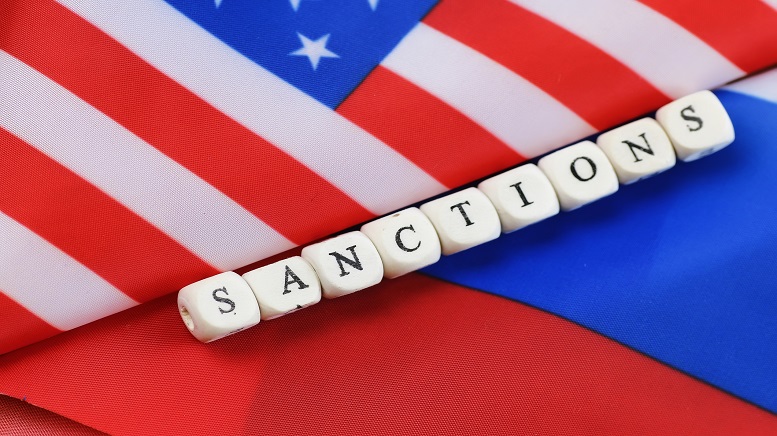JPMorgan Chase and Goldman Sachs, two of America’s major investment banks, have chosen to disallow Russian Debt Trading. According to Bloomberg, the United States has prohibited domestic investors from purchasing both new and existing Russian debt as it tightens its sanctions on the state.
“Consistent with the updated OFAC guidance and Goldman Sachs’ wind-down of activities in relation to Russia, the firm will no longer be conducting certain client-related market-making activities regarding Russian entities,” said a representative of Goldman-Sachs in a recent statement.
According to market experts, JPMorgan Chase & Co. and Goldman Sachs Group Inc. were still linking sellers looking to get out of debts with prospective purchasers this month. JPMorgan is now pulling back after the US Treasury’s Office of Foreign Assets Control ruled US investors aren’t allowed to buy them, according to a source familiar with the issue. Goldman Sachs has also halted such deals, according to a spokesperson.
The announcement by the Treasury Department on June 6th that ramps up financial restrictions on Russia caught market participants off guard and sparked a rush of legal consultations. Earlier US laws had allowed trading houses such as Goldman Sachs and JPMorgan to assist clients in snagging inexpensive Russian debt on the secondary market as many holders sought to dump their holdings. Now, however, purchases of new and existing debt and equity instruments issued by a Russian Federation firm are restricted from US market players.
Banks often take on debt because clients have requested it or because they anticipate finding willing buyers. When Goldman and JPMorgan’s market activity was revealed earlier this year, they claimed they were assisting customers in reducing their risk. According to a spokeswoman for OFAC, the amended guideline indicates that US investors can still sell or keep Russian debt, but they can’t buy anymore.
According to Bloomberg prices, Russia’s foreign bonds are currently priced at roughly 20 cents per dollar, with some as low as 17 cents per dollar.
Even if Russian-linked bonds were not subject to international sanctions, the invasion of Ukraine was what first drove their prices to plunge. The ongoing trade of such securities quickly became a divisive issue on Wall Street and in Washington, with Senator Elizabeth Warren accusing banks of undermining sanctions.
Last month, Warren and a fellow Democrat, Representative Katie Porter, pressed JPMorgan and Goldman Sachs to hand up the names of clients trading in such a manner, a move that threatened to shift the focus away from banks and toward hedge funds and other investors looking for fast cash.
Featured Image: Megapixl © Alexkich







